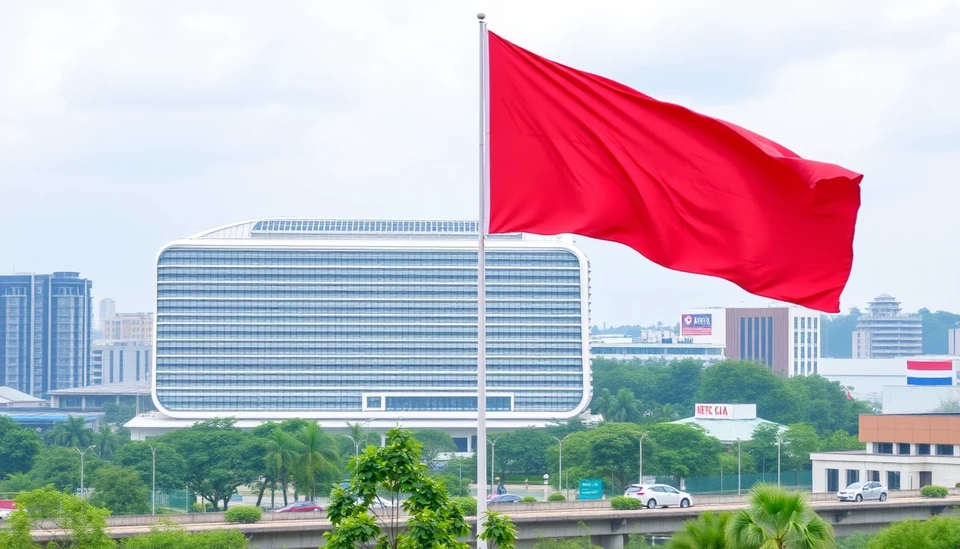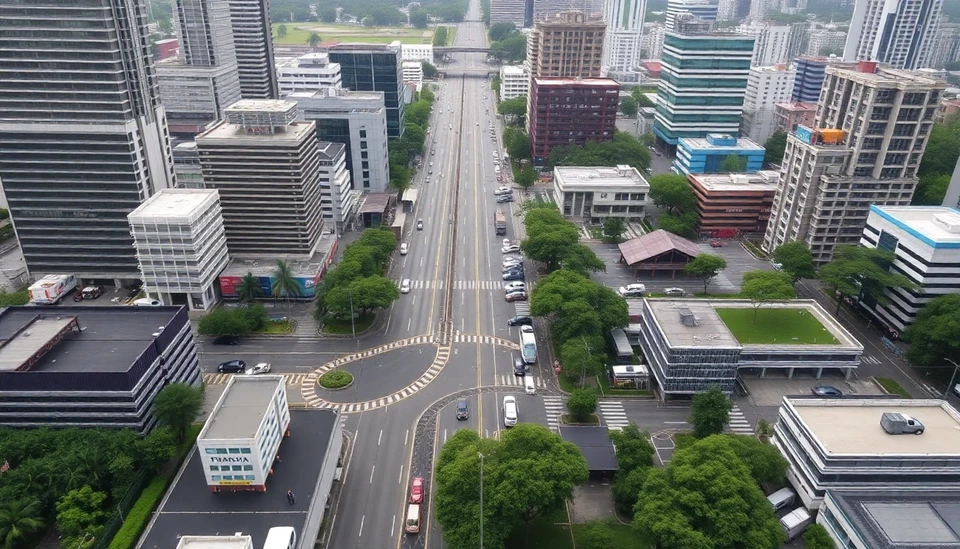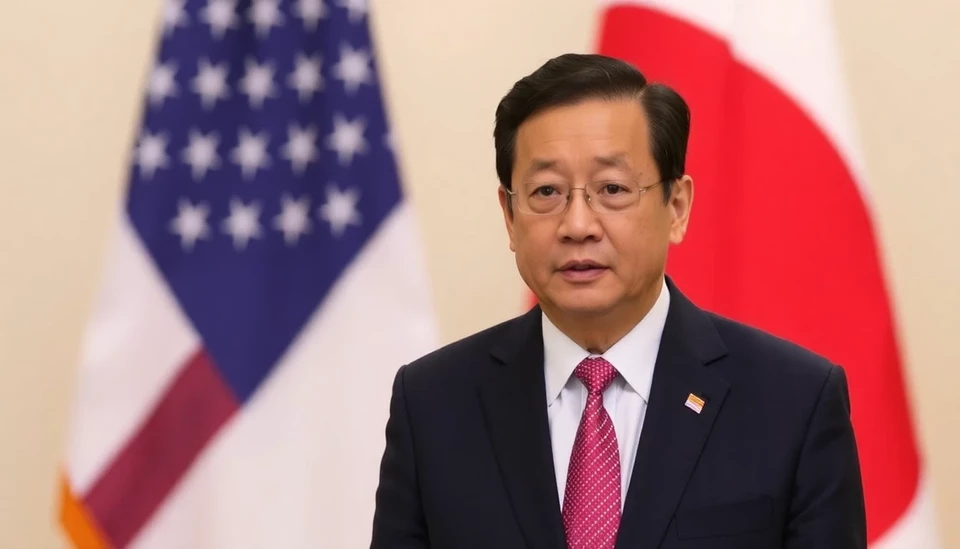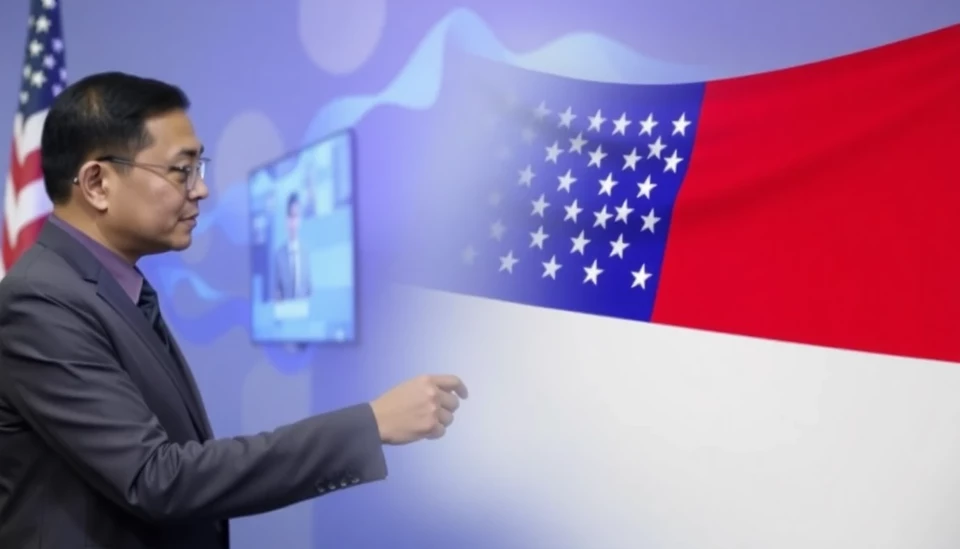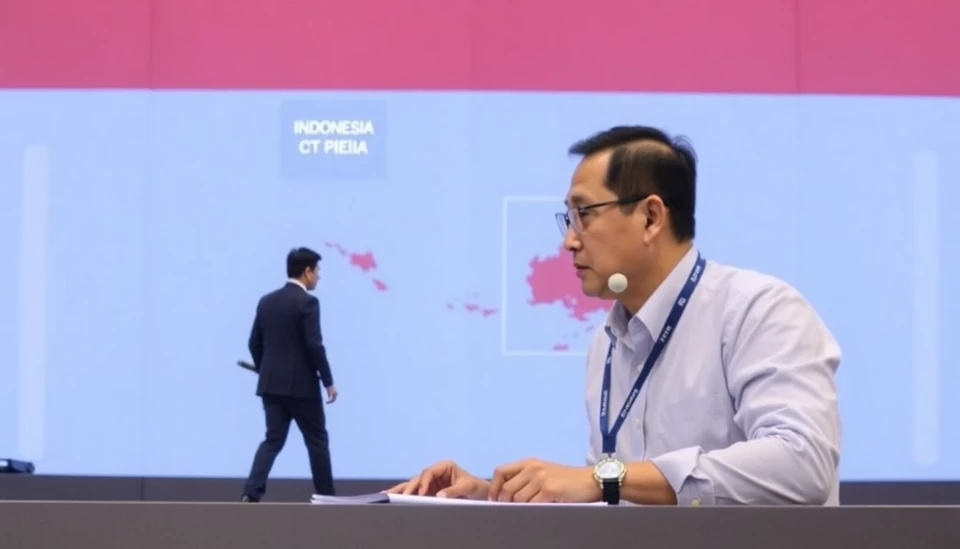
Recent developments in Indonesia's stock market have left investors jittery, with a significant trend of capital flight observed in recent weeks. Following multiple economic pressures and political unrest, the Jakarta Composite Index (JKSE) has witnessed a notable decline, prompting analysts to question the underlying factors contributing to this investor exodus.
One major catalyst for the instability has been the growing concerns surrounding the country's leadership, particularly involving Defence Minister Prabowo Subianto. With Indonesia gearing up for the 2024 presidential elections, the political landscape has become increasingly tumultuous. Prabowo, a polarizing figure in Indonesian politics, has made headlines for his controversial past and the unclear trajectory of his political ambitions. Investors are wary that his involvement in the political arena could lead to destabilizing policies that may adversely affect market performance.
In addition to the uncertainty surrounding Prabowo, macroeconomic conditions have played a crucial role in the market's current predicament. Rising inflation rates have severely impacted consumer confidence, leading to diminished domestic demand. Many analysts argue that the government's policies aimed at curtailing inflation have been insufficient, further exacerbating fears among industry players and global investors alike.
To add to the woes, Indonesia's currency, the rupiah, has also come under pressure against the US dollar. The depreciation of the rupiah has raised concerns about the cost of imports and the potential ripple effects on various sectors, from consumer goods to manufacturing. Consequently, this has prompted foreign investors to reconsider their positions in Indonesian assets as they seek safer havens amid global economic uncertainties.
Furthermore, the ongoing geopolitical tensions, including issues surrounding trade and investment in the Asia-Pacific region, have influenced sentiment towards emerging markets like Indonesia. As investors reallocate their portfolios to navigate an increasingly complicated international landscape, many have chosen to pull back from what they perceive as higher-risk investments in developing economies.
Market analysts contend that the combination of political instability, economic challenges, and international factors has created a precarious environment for investors in Indonesia. In the wake of these developments, stock market fluctuations are likely to persist, making it imperative for government officials to implement strategic measures aimed at restoring investor confidence.
As the country approaches the critical phase of elections, market participants remain on edge, hoping for a clear direction that would signal potential stability and growth. Whether Prabowo's continued influence in politics will ultimately bolster or further hinder investor sentiment remains to be seen.
#Indonesia #StockMarket #PrabowoSubianto #Investors #EconomicChallenges #PoliticalUnrest #JakartaCompositeIndex #CapitalFlight #ForeignInvestment
Author: Daniel Foster

